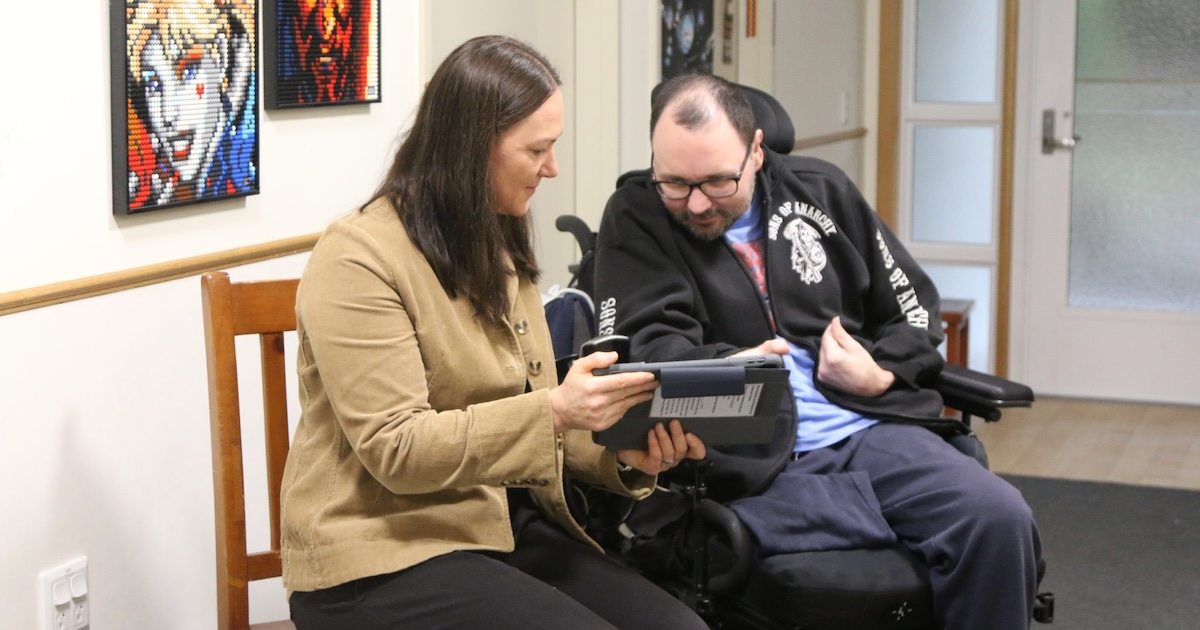
The National Artificial Intelligence and Algorithm Expert Advisory Group within Te Whatu Ora Health New Zealand has officially endorsed two ambient AI scribe tools for use within the public health system.
In an update, Te Whatu Ora noted that the AI advisory group has endorsed iMedX and Heidi Enterprise following privacy, security, and internal reviews.
"Staff who wish to use either of these endorsed subscription tools should follow standard approval processes," it said.
The advisory group is said to be reviewing "a number of other ambient AI scribe tools" as of late.
WHY IT MATTERS
The NAIAEAG endorsement allows the pilot trials of the two AI scribe brands within Te Whatu Ora services.
iMedX currently provides outsourced clinical transcription services to Te Whatu Ora Northern Region panel. Meanwhile, Heidi Health has been piloted in Hawke's Bay District and is presently used by primary healthcare providers, Tamaki Health and ProCare. Heidi, which raised nearly $17 million in Series A funding early this year, has also been working with Hendrix Health to optimise its offering for New Zealand users.
The NAIAEAG advises a "precautionary approach" to using AI scribes within the public health system, especially considering "risks to breach of privacy, inaccuracy of output, bias, lack of transparency and data sovereignty."
Generative AI tools, Te Whatu Ora said, "appear to be good at summarising information and describing it in language that makes sense to people."
"Their major strength is in predicting the next most likely word," it said, adding that genAI is also "prone to generating inaccurate or misleading information," it recognised.
It also noted risks given limited data on their utility, validity, and safety, as well as the inadequate evaluation of their risks or unintended consequences.
THE LARGER CONTEXT
While Te Whatu Ora has been slowing down its uptake of digital and information technologies since last year, it seems keen to continuously adopt AI across the public health system.
The Ministry of Health, for example, has launched a programme piloting the use of Microsoft Copilot in public healthcare. Both New Zealand Medicines and Medical Devices Safety Authority (Medsafe) and Pharmaceutical Management Agency (Pharmac) were recently reported to have been involved in the pilot.
The public awaits the release of Te Whatu Ora's decade-long Digital Investment Plan, which is expected to support the staged implementation of reforms that will enable digital models of care.
